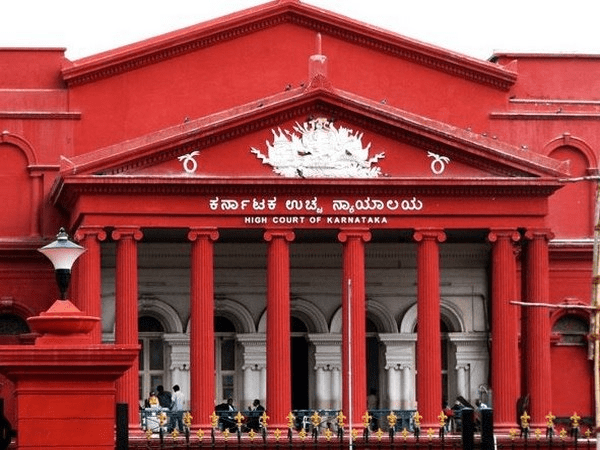The Karnataka High Court dismissed a Public Interest Litigation (PIL) questioning the official memorandum which collectively provides for the placement of private respondents as officiating Assistant Regional Transport Officers (ARTOs).
K S Ganesha , counsel for the petitioners argued that these officials could not have been promoted to the next higher cadre viz., as ARTOs without ascertaining the statutory requirement of the job of the posts in question. Therefore, their promotion needs to be invalidated.
Additional Government Advocate, opposes the petition contending that the matter is essentially of service jurisprudence; in substance, it is not a case of writ of quo warranto; how the petitioner would be affected or the public interest would be prejudiced by the placement of the private respondents as ARTOs on in- charge basis is not forthcoming. The petition is structured on a wrong premise of promotion when it is not such a case.
Having heard the counsel appearing for the parties and having perused the petition papers, the Division Bench of Chief Justice Prasanna B Varale and Justice Krishna S Dixit declined indulgence in the matter broadly agreeing with the submission of the Additional Government Advocate. On perusal of the copies of the records that are produced by way of annexures to the petition , the Bench noted that the private respondents have not been promoted to the post of ARTO; they are only placed therein on incharge/independent charge basis.
Author Justice M. RAJA JOIS in ‘SERVICES UNDER THE STATE’, Thripati Publication-1987 at page 522 explains the concept of independent charg/incharge as obtained in service jurisprudence, as under:
“(1) Independent charge is no promotion: Placing a subordinate officer in independent charge of the current duties of a vacant post does not amount to promotion to the higher post. Officiating appointments and incharge arrangements are well understood terms in civil service. When an officer is appointed to officiate in a higher post he is invested with the powers of the higher post but when he is placed in charge of the current duties of a vacant post in higher category, whether in addition to his own duties or independently, he cannot exercise any of the statutory powers of the office; he can merely perform day to day office duties only.
(2) Cannot be made in certain cases: Independent charge contemplated under the rules is meant for making an emergency arrangement for the discharge of the current duties of higher post, by posting an officer belonging to a lower cadre to discharge the duties of the higher post on payment of charge allowance…”
Further the Court held that Additional Government Advocate is also right in pointing out that the orders of placing the private respondents by way of independent charge/in-charge were made way back in July 2021 and August 2022 in several cases and that the movement orders have been issued in July 2023, barring in the case of others and therefore, the petition is hit by delay and laches that have not been plausibly explained. It hardly needs to be stated that ordinarily stale claims are not entertained by the Courts vide M.P.HOUSING & INFRASTRUCTURE DEVELOPMENT BOARD v VIJAY BODANA, (2020) 4 SCC 521.


